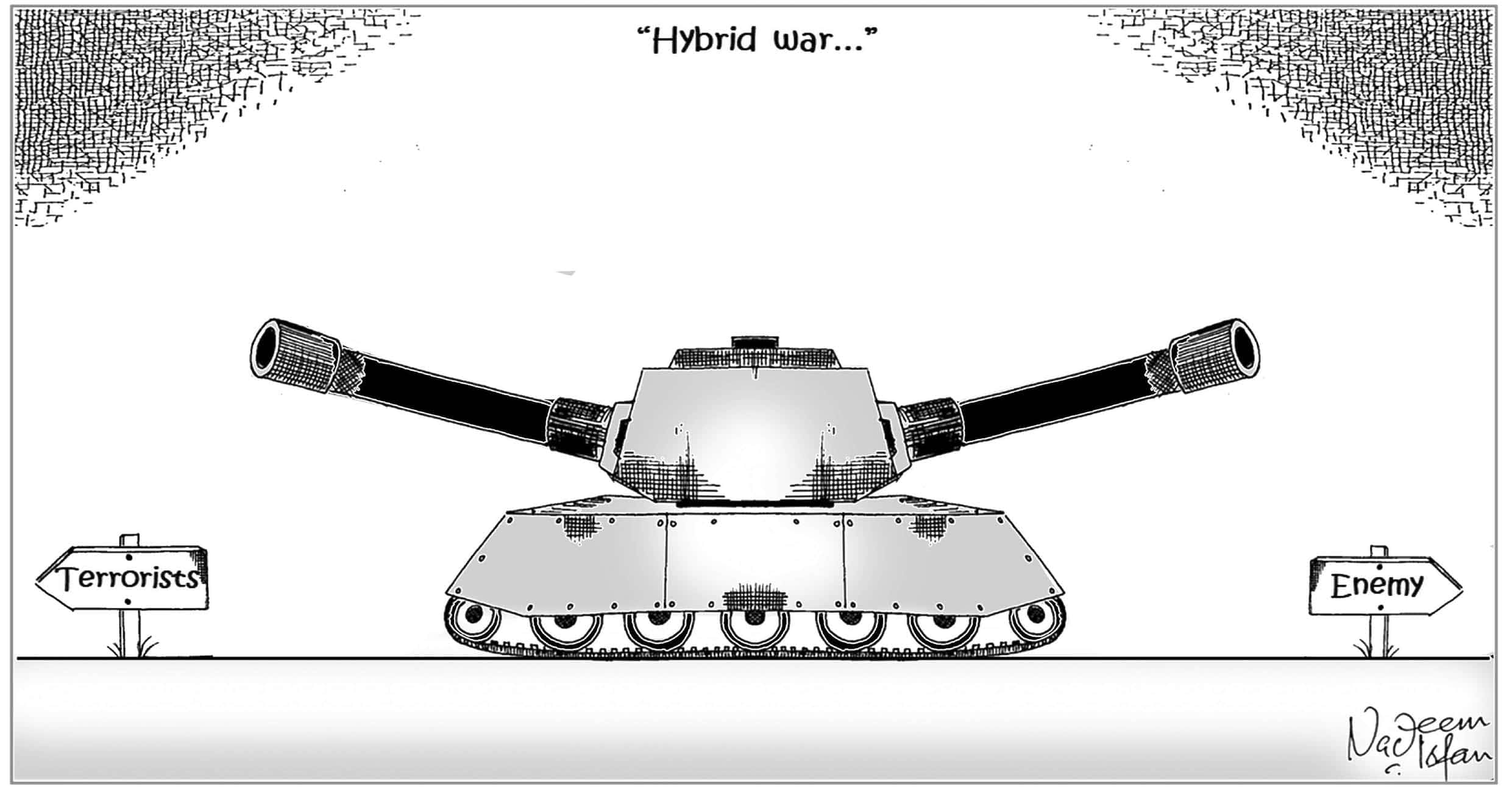28May: Pakistan's Strategic Moves Amid Rising Tensions
The China-Pakistan defense collaboration and India's aggressive behavior have become major points of contention, with Pakistan seeking to balance its relationships with other countries while maintaining a strong stance against Indian aggression. The road ahead will be challenging, but a commitment to diplomacy and cooperation can help mitigate the risks of conflict and promote regional stability.

Pakistan's quid pro quo plus strategy aims to prevent all-out conflicts with neighboring countries, but India's aggressive behavior is expanding the geographic scope of tensions, risking a nuclear catastrophe. The strengthening of China-Pakistan defense collaboration has become a significant concern for India, adding to the already volatile situation.
The current circumstances have provided Pakistan with strong talking points, allowing the country to navigate the complex geopolitical landscape. However, the ambitious plans set forth by Pakistan have raised questions about their realism and feasibility. Meanwhile, the Pakistan Super League season faced disruptions, having to be halted and restarted, resulting in the loss of some star power.
India's recent actions have also had repercussions on the business front, with the country curbing trade with Turkiye and Azerbaijan. This move has left India relatively isolated against Pakistan, highlighting the need for diplomatic efforts to resolve the ongoing tensions. The situation remains precarious, with the potential for further escalation looming large.
As the situation continues to unfold, it is essential for all parties involved to engage in constructive dialogue and work towards finding a peaceful resolution. The risks associated with nuclear catastrophe and all-out conflict are too great to ignore, and it is imperative that Pakistan, India, and other regional players prioritize diplomacy and cooperation to prevent such outcomes.